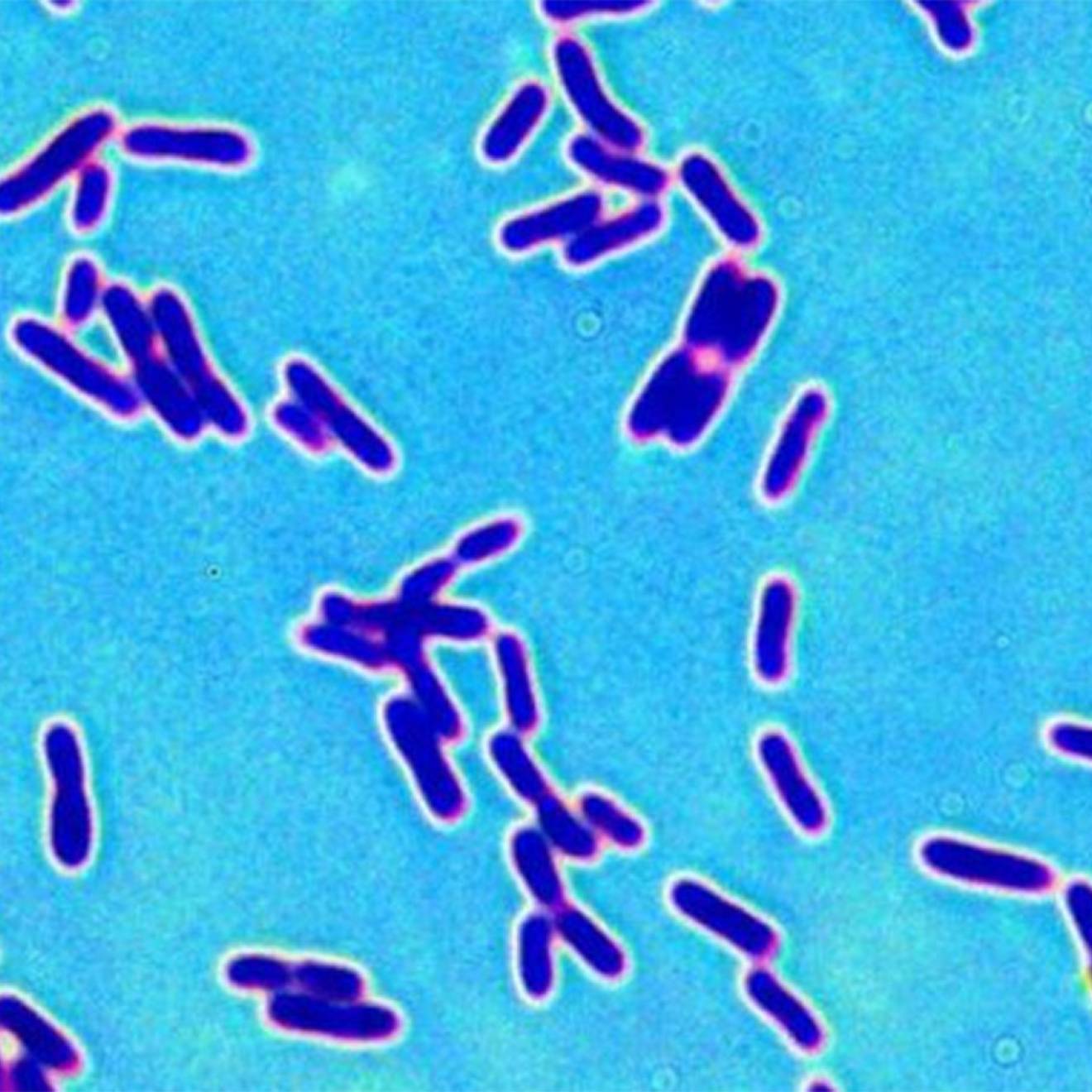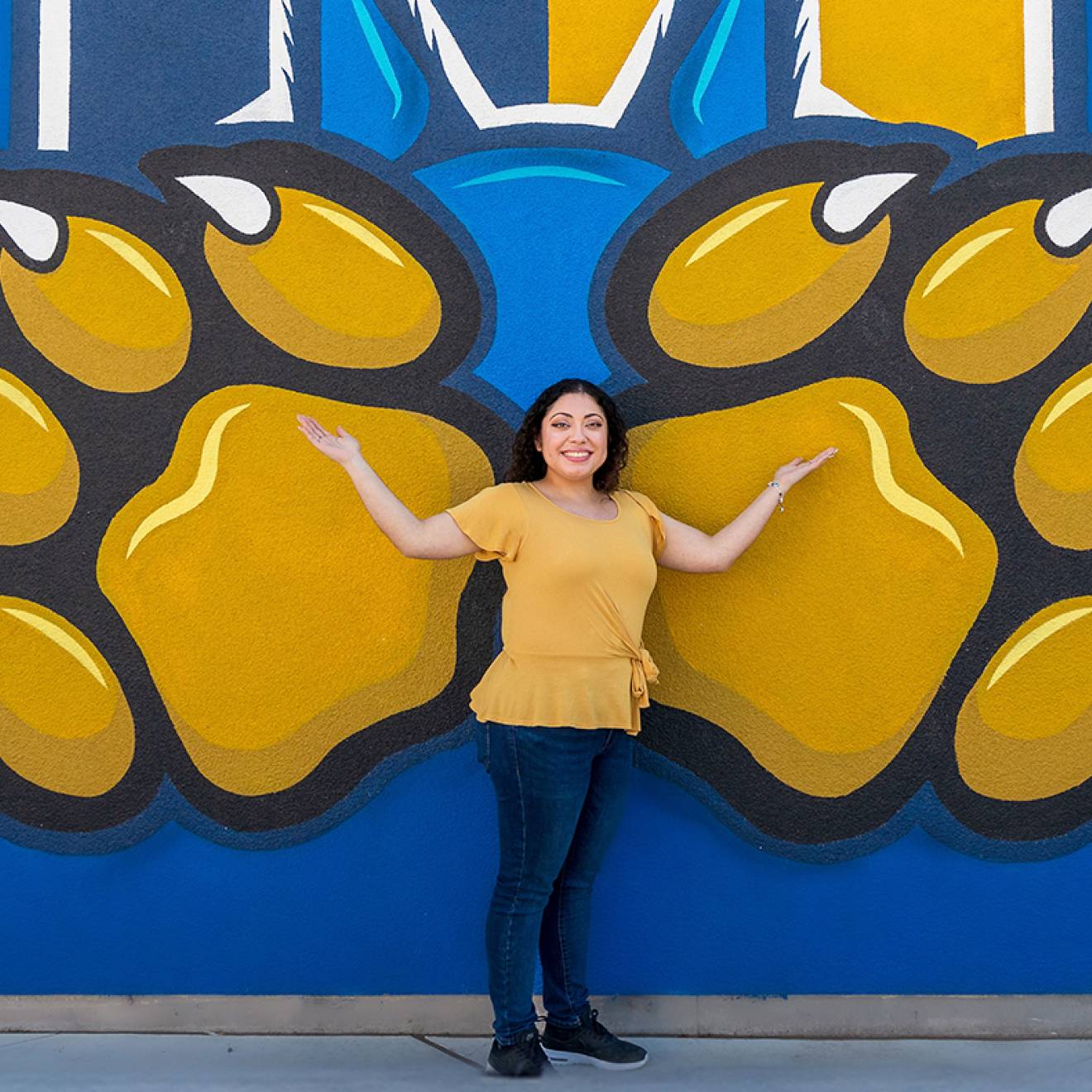Kathleen Masterson, UC San Francisco
When he started working at a UC San Francisco lab that researches protein translational mechanisms in blood cancers a few years ago, Min Cho’s research was just an abstract — albeit important — concept to him.

Then last fall, Cho himself was diagnosed with a rare blood disease called severe aplastic anemia. It’s a blood disease in which the body no longer makes enough red and white blood cells to sustain efficient oxygen exchange and immune response.
“It’s really interesting to be on this side of the situation, as the patient. It totally changed my perspective on work we do,” said Cho. While his condition isn’t cancerous, he’s often in the same clinic with people who have leukemia and multiple myeloma.
“Now I see people battling these diseases in real life. I know how important and impactful the work we do is with helping real people.”
Cho said his background studying science has helped him cope with his complicated condition, and understand his treatment options better.
“It’s still scary, you’re talking about your own life, but I was able to understand and comes to terms with the progression of the disease,” said Cho. “My science background allows me to explain to friends, family what’s happening.”

He’s taken this commitment to explaining to a new level in his blog, where he writes about the science and personal side of his diagnosis and treatment. The blog is titled "The Bald Heme-iola": ‘bald’ because his treatments have led him to lose his hair; ‘heme’ is an iron-containing compound in the blood; and ‘hemiola’ is a musical term. Cho sings and serves on the board of a local choral ensemble.
Cho is the first in his family to attend college and graduate school; he studied biochemistry and biotechnology in Boston. He then moved to California to work for a lab at UC Berkeley, followed by a job with a biotech startup. Eventually he found his way to the lab of Peter Walter, Ph.D., at UCSF.
In Walter’s lab, Cho works on a project using a new screening platform developed in Jonathan Weissman’s lab that aims to identify specific genetic vulnerabilities that make a patient less likely to respond to specific blood cancer treatments.
Over the last year, he’s learned a good deal about his own white blood cell count, and undergone a bone marrow transplant as well. He recently learned his body rejected the bone marrow donation. Still, he hopes his immune system will stabilize enough that he can return to work full time.
“In a lab, one can get burnt out easily from all the hard work, but in reality every step you make is toward progress, toward changes, toward bettering treatment for someone down the road,” said Cho. “So it was very invigorating and inspiring for me to confirm that the work I was doing, and will continue to do, is totally worth it.”
Another side effect of the disease is the marrow transplant requires Cho to take immune-suppressing drugs, so he can’t work with yeast. Cho is an avid baker — he specializes in French pastries — so he looks forward to when his immune system is strong enough that baking won’t risk an infection.
Beginning this week, Cho's back in the lab until the fall, when he must return to the hospital for a second transplant. Walter’s lab looks forward to his full recovery as well — and to those homemade sugar-and-spice brioche buns.

